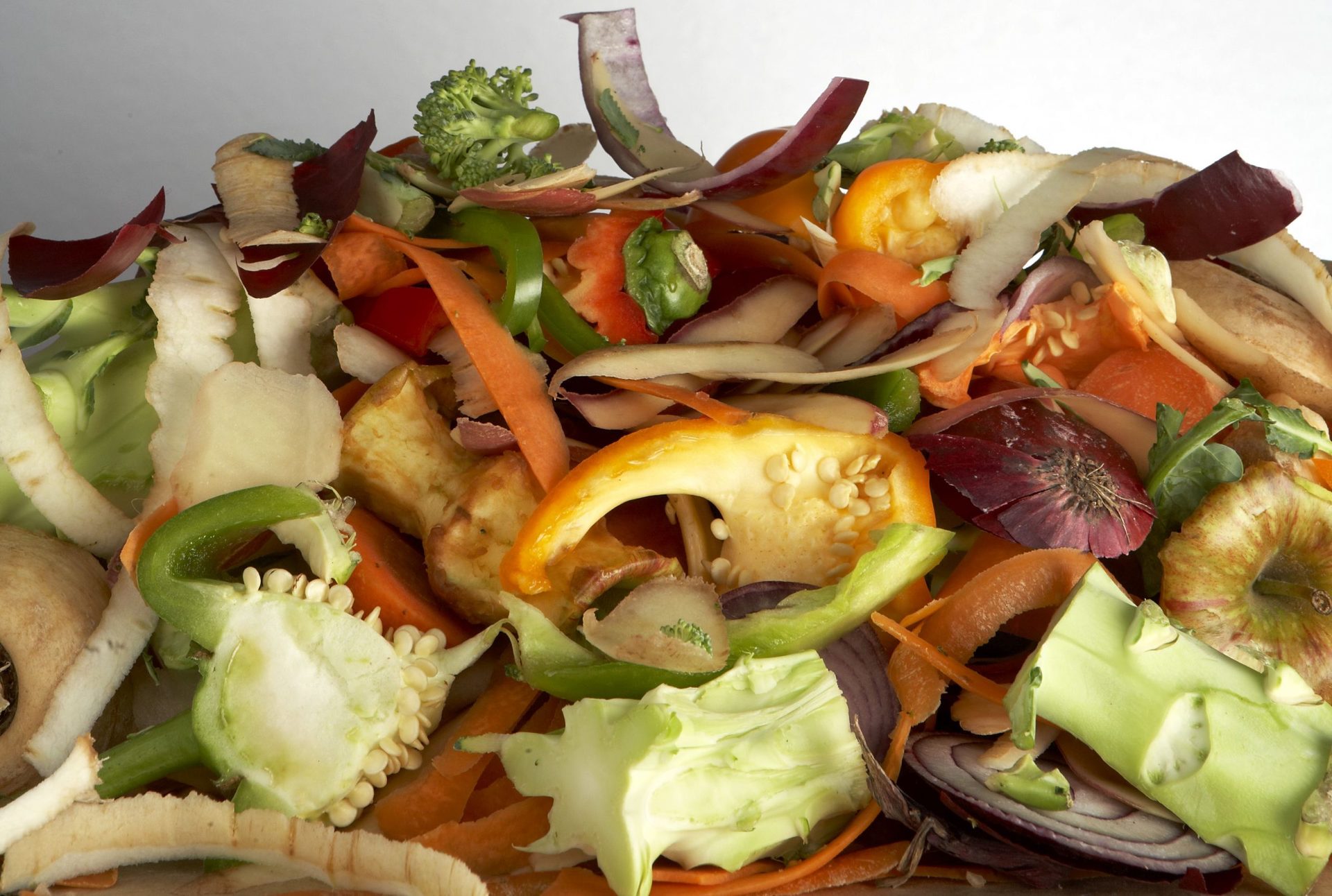From this September 2016 to August 2020 Fundació ENT will participate in a new research project called “Decisive”: DECentralIzed management Scheme for Innovative Valorization of urban biowastE.
The project is part of the H2020 programme and is coordinated by the Institut National de Recherche en Sciences et Technologies pour l’Environnement et l’Agriculture (France), with different partners around the EU:
- UNIVERSITAT AUTÒNOMA DE BARCELONA (Spain)
- AARHUS UNIVERSITET (Denmark)
- TECHNISCHE UNIVERSITAET HAMBURG-HARBURG (Germany)
- FUNDACIÓ ENT (Spain)
- INNOVATIVE TECHNOLOGICAL SYSTEMS SRL (Italy)
- AERIS TECNOLOGÍAS AMBIENTALES S.L. (Spain)
- ASSOCIATION DES CITES ET DES REGIONS POUR LE RECYCLAGE ET LA GESTION DURABLE DES RESSOURCES (Belgium)
- AGÈNCIA DE RESIDUS DE CATALUNYA (Spain)
- PSUTEC SPRL (Belgium)
- SUEZ ENVIRONNEMENT (France)
- HELMHOLTZ ZENTRUM FUR OZEANFORSCHUNG KIEL (Germany)
- REFARMERS (France)
The growing attractiveness of cities leads to increasing population, thus rising energetic and food demands in urban areas. This makes urban waste management increasingly challenging, both in terms of logistics and environmental or health impacts. To decrease the cities’ environmental impacts and to contribute to a better resilience of urban areas towards energy or food supply crisis, waste management systems have to be improved to increase the recycling of resources and local valorisation.
In this context, the DECISIVE project proposes to change the present urban metabolism for organic matter (foods, plants, etc.), energy and biowaste to a more circular economy and to assess the impacts of these changes on the whole waste management cycle. Thus, the challenge will be to shift from an urban “grey box”, implying mainly goods importation and extra-urban waste management, to a cooperative organization of intra- and peri-urban networks enabling circular local and decentralised valorisation of biowaste, through energy and bio-products production. Such a new waste management paradigm is expected to increase the sustainability of urban development by:
(1) promoting citizens awareness about waste costs and values;
(2) promoting renewable energy production and use in the city;
(3) developing an industrial ecology approach that can promote the integration between urban and peri-urban areas, by providing valuable agronomic by-products for urban agriculture development and so improving the balance of organic products and waste in the city;
(4) developing new business opportunities and jobs.
In order to achieve these objectives, the project DECISIVE will develop and demonstrate eco-innovative solutions, addressed to waste operators and public services, consisting of:
(1) a decision support tool to plan, design and assess efficient decentralised management networks for biowaste in urban areas;
(2) eco-designed micro-scale anaerobic digestion and solid-state fermentation processes.

